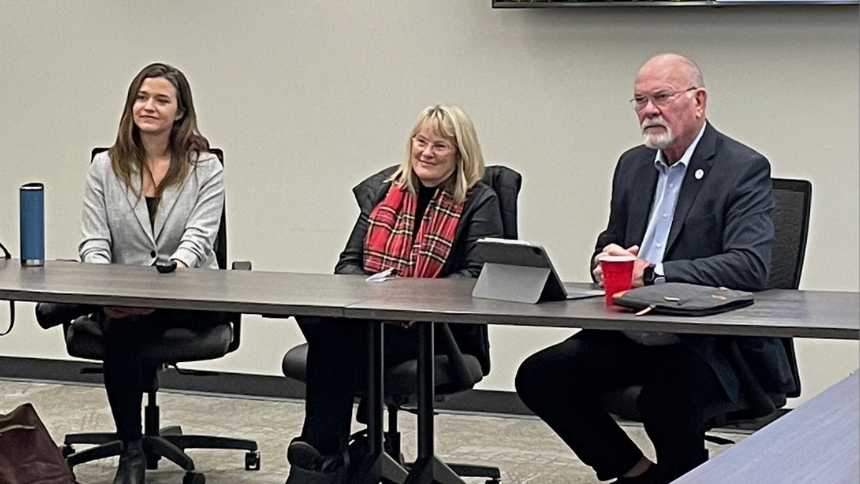
Spark shares impressive numbers with Knoxville City Council
The participants in the Spark Cleantech Accelerator and Spark Incubator Program have raised $53.6 million and created 56 jobs in just a couple of years.
Members of the Knoxville City Council, who had previously approved funding for the Spark Cleantech Accelerator, received an impressive return on investment update on both the accelerator and the Spark Incubator Program ahead of the Council’s regularly rescheduled meeting Tuesday night.
Lilly Tench, the newly named Director of the Spark Innovation Center that is part of the University of Tennessee (UT) Research Park at Cherokee Farm, said the 29 start-ups that have participated in one or both initiatives have raised $53.6 million, primarily through grants; created 56 jobs; and funded 26 internships for UT, Knoxville (UTK) students through the Spark Scholars program. The Spark Innovation Center was launched in late 2000 and the first cohort of the accelerator came in 2022.
“The incubator supports companies that are already here; the accelerator brings companies here,” she told members of the Council. Several of those who participated in the first two cohorts of the accelerator have remained or at least have established mutually beneficial partnerships with local companies or UTK researchers.
Tench was joined for the presentation by Deborah Crawford, UTK Vice Chancellor for Research, Innovation and Economic Development, and John Bruck, who served previously as the Director of the Spark Innovation Center.
Crawford noted that 90 percent of the nation’s innovation sector is hyper-concentrated in five metropolitan areas even though the Knoxville-Oak Ridge region is ranked #8 in the nation for R&D assets.
“We have failed to take advantage of that (fact),” she said. “As we look at Tennessee, how can we bring more companies to Tennessee, prepare the workforce (they need), and start companies that stay here?”
Bruck reinforced Crawford’s observations about what he described as “unparalleled resources” that exist locally. To convert research into businesses, he said entrepreneurs and innovators need three things:
- Access to expensive lab space and equipment;
- Expert mentorship and industry guidance; and
- Access to capital.
“If start-ups can’t find these resources locally, they move elsewhere, Bruck said, adding, “The city (funding) has really helped” as he thanked the Council members and Mayor Indya Kincannon for their support.
Like what you've read?
Forward to a friend!

